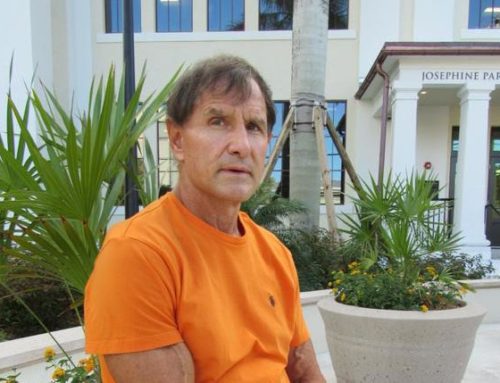Born in South Dakota, Dan “Tito” Davis, along with co-writer Peter Conti, initially attempts to portray himself as an average kid. “Looking back at it,” he tells the reader, “I’m not proud of my behavior, but I wasn’t the first, nor will I be the last, twenty-year-old who got some help from his parents to start a business.” The difference, however, is that Tito’s just borrowed ten thousand dollars to expand his drug business so that he can continue supplying large quantities of White Crosses, first to his buyers in South Dakota, then later across much of the Southwest when he goes off to college at UNLV. After moving on from White Crosses, now involved with meth, he’s set up, and, rather than stick around and insist on his innocence, he flees to Mexico, leaving behind a wife and child.
The story of Tito’s life works best when he’s on the move, both because the peripheral details of his escape enliven the story and because it forces Tito to reflect on what he’s lost. Luckily, he never rests for long. In San Cristobal, Mexico, he meets Carlos, a fellow American on the run whose stories, Tito complains, “made absolutely no sense.” Tito wonders if this was because Carlos “had made up so many lies trying to reinvent himself along his journey that he no longer seemed like a real person.” Tito worries he’ll turn out the same way. There’s an acute sense here that Tito may lose himself long before he ever loses the feds and that losing himself won’t help him escape. This is driven home while on vacation in Cancun with his Venezuelan love, Mary Luz, who knows nothing about his fugitive status: “This begged the question: was I really the man she’d fallen for? How could I possibly be, when that man would never do such a thing to her?”
And while Tito’s jam-packed life is always fascinating, at times it actually acts as the book’s Achilles heel. Eager as Mr. Conti and Tito are to recount his entire life on the lam, they occasionally get ahead of themselves, teasing future events before promising to revisit them later in more detail. This approach backfires in perhaps the book’s tensest section, when Tito, still evading U.S. authorities, boards a plane to Germany with a layover in Miami in order to win back Mary Luz, abroad at university. His passage through customs is treated as fraught with potential detection and arrest, as it must have been at the time, but if readers aren’t on the edge of their seat, it’s because we were told a few chapters prior that Tito and Mary Luz eventually marry. As they churn through Tito’s life, the co-authors do touch on a wide range of bigger-picture topics, from rates of recidivism to prostitution, although they don’t always fully flesh them out. Oddly, though, this comes as a relief, because they don’t distract too much from Tito himself. Relentless and riveting, neither Tito nor the book ever stop to catch their breath.
Reviewed By: Owen Hamill






Leave A Comment